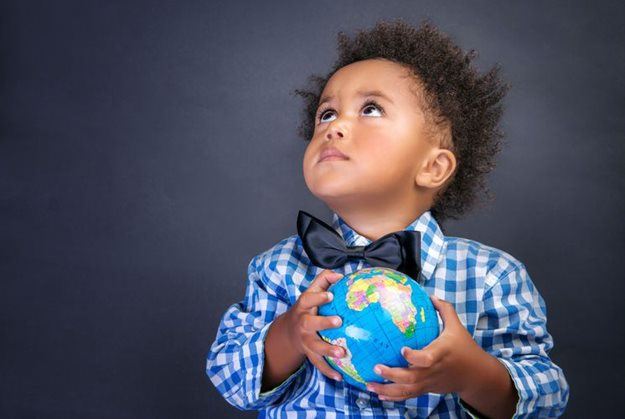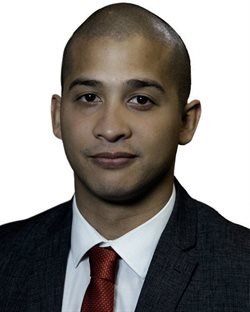
Top stories





Marketing & MediaAds are coming to AI. Does that really have to be such a bad thing?
Ilayaraja Subramanian 20 hours

More news
















I am a former radio man, born in Cape Town and I completed my LLB degree at UCT.
I have always been interested in people, relationships and how we interact with each other and the outside world. I chose to pursue a career in law because it deals with people and various types of relationships and interactions. Almost every relationship or interaction that we come across in our daily lives is governed by some sort of law, be it written or unwritten. Our relationships and interactions at a personal level, commercially or with the state, all involve the law. For example, at a personal level, we have parents who typically send text messages to check on their child. As parents, they are legally obligated to care for their child and should check on them from time to time. Further, a text message itself involves electronic communications and data protection laws. Personally, I see law as the study of relationships and that’s why I chose it.

Youth Day serves as a reminder of the incredible price the class of 1976 was willing to pay for equality. Their sacrifice has paved the way for me, and many others, to be where we are today. It also inspires us to think of ways in which we can help to empower and uplift the future generations of our country.
It is quite significant that the supreme law of our country, the Constitution, makes specific provision, under section 28, for the protection of children and their socio-economic interests in addition to the protections given under the Bill of Rights. Our Constitution thus places a duty on the state, parents and other bearers, to provide for these rights.
I believe that section 28(2) of the Constitution, which states that "a child's best interests are of paramount importance in every matter concerning a child", is of particular importance. As both a right and a guiding principle, it expands the meaning and application of section 28(2) to all aspects of law that affect children. Our courts have used it as both a principle and a right to strengthen other rights such as the right to education, housing, adoption by same sex couples, inheritance, access to health care, dignity, privacy, social assistance and a vast amount of other rights.
It is pointless and incredibly frustrating to have all these wonderful rights enshrined in our Constitution as just words on a page. Therefore, the one thing that I would change for today's youth, would be to grant proper and meaningful access to all these rights, so that our youth may experience the fruits of the realisation of our constitutional rights.
"Nothing in this world can take the place of persistence."